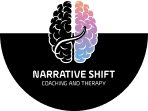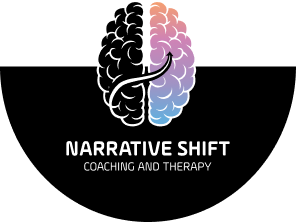Mastering Workplace Efficiency: A Neurodivergent Professional’s Guide to Executive Function
Picture your ideal workday: tasks flowing smoothly, deadlines met with confidence, and a sense of accomplishment as you wrap up your projects. For many neurodivergent professionals, this vision can seem distant—but it’s entirely achievable with the right strategies and support.
The Hidden Dynamics of Executive Function at Work
Think of executive function as your brain’s command center. Just as a symphony orchestra needs a conductor to coordinate different sections, your brain relies on executive function to orchestrate various workplace tasks. For neurodivergent individuals, this orchestration sometimes follows a different rhythm—and that’s perfectly fine.
When we understand how executive function impacts our work life, we can develop strategies that align with our natural thought patterns rather than fighting against them. Consider how a river doesn’t fight its natural course but rather finds the most efficient path to its destination.
The Executive Function Challenge Spectrum
Every professional faces executive function challenges differently. You might excel at creative problem-solving but struggle with time management, or perhaps you’re brilliant at deep analysis but find task switching challenging. Understanding your unique pattern is the first step toward transformation.
Common workplace scenarios include:
Understanding Time as a Neurodivergent Professional:
Time isn’t just numbers on a clock—it’s a fluid concept that can feel different for each person. When we say someone has “time blindness,” we’re describing a genuine experiential difference in how time is perceived and processed.
Task Initiation and Completion:
Starting tasks can feel like trying to push a boulder uphill, while switching between them might seem like juggling with your eyes closed. This isn’t about motivation—it’s about how your brain processes and prioritizes activities.
The Organization Puzzle:
What looks like disorganization to others might be your brain’s unique filing system. The key is finding organizational methods that match your natural thinking patterns rather than forcing yourself into traditional systems.
Strategic Approaches for Workplace Success
The Modified Eisenhower Matrix for Neurodivergent Minds
Traditional time management tools often need adaptation for neurodivergent thinking. Here’s how we can modify the Eisenhower Matrix to work with rather than against your natural tendencies:
Important & Urgent (Do Now):
-
- Choose your peak energy time for these tasks
- Break them into smaller, manageable steps
- Set specific start times rather than vague deadlines
Important but Not Urgent (Schedule):
-
- Pair these tasks with activities you enjoy
- Schedule them during your second-best energy periods
- Create visual reminders that appeal to your thinking style
Urgent but Not Important (Delegate):
-
- Identify tasks that drain your energy but might energize others
- Create clear handoff processes that match your communication style
- Maintain simple tracking systems that don’t overwhelm
Neither Urgent nor Important (Eliminate):
-
- Question whether these tasks align with your strengths
- Consider whether they’re truly necessary
- Create automated solutions where possible
Time Blocking with Flexibility
Traditional time blocking can feel restrictive for neurodivergent minds. Instead, try this modified approach:
Energy-Based Blocking:
Rather than rigid time slots, schedule tasks based on your energy levels:
- High Energy: Complex problem-solving, creative work, important meetings
- Medium Energy: Routine tasks, email management, team check-ins
- Low Energy: Administrative work, simple organizing tasks, planning
Buffer Zones:
Create transition spaces between tasks:
- Use these periods for brief movement or stimulation breaks
- Allow time for task switching without pressure
- Build in recovery time after high-focus activities
The Neurodivergent Professional’s Toolkit
Practical tools that respect your thinking style
Visual Management Systems:
- Color-coded project trackers
- Mind mapping software for project planning
- Visual timer apps that match your time perception style
Automation Allies:
- Email filters that sort by urgency and project
- Calendar systems with built-in reminders and transitions
- Task management tools that align with your thinking patterns
Environment Optimization:
- Sensory-friendly workspace design
- Organized chaos systems that make sense to you
- Customized notification settings that don’t overwhelm
Success Through Support: The Power of Executive Function Coaching
At Narrative Shift Coaching and Therapy, we understand that workplace efficiency isn’t about forcing yourself into a neurotypical mold—it’s about amplifying your natural strengths while developing strategies for challenges.
Our Coaching Approach
Strength-Based Assessment:
We begin by understanding your unique cognitive style and identifying where your natural abilities shine brightest.
Strategy Development:
Together, we create customized systems that work with your brain’s natural patterns rather than against them.
Implementation Support:
Regular check-ins help refine strategies and address challenges as they arise, ensuring sustainable progress.




